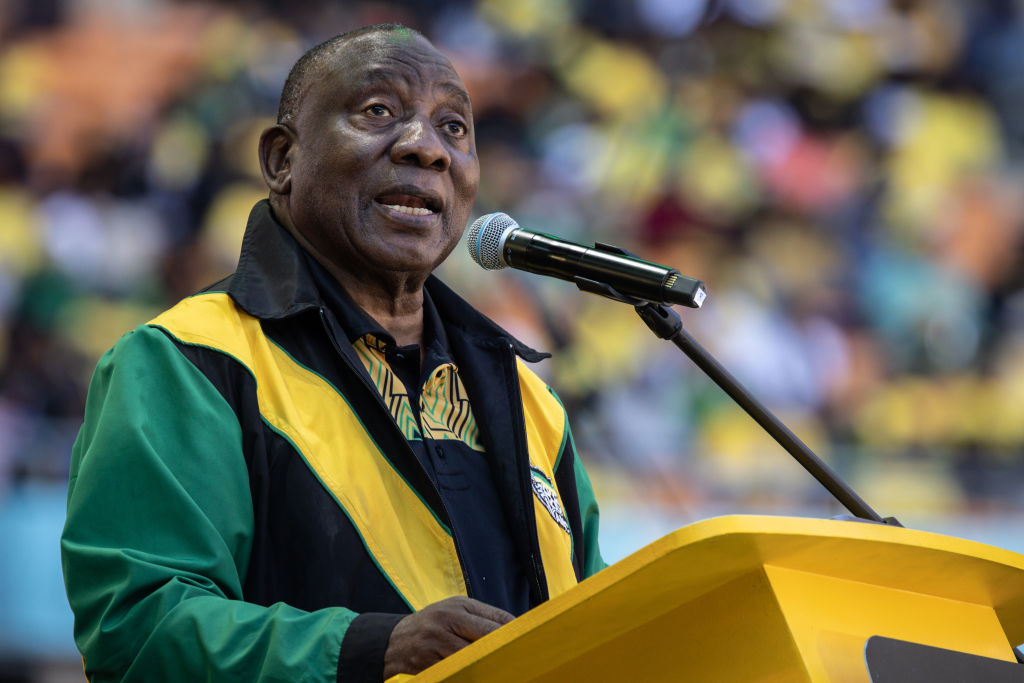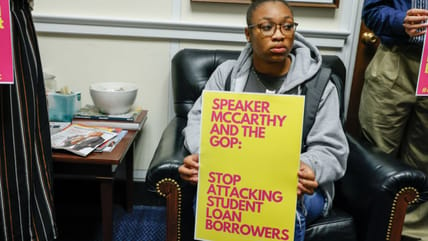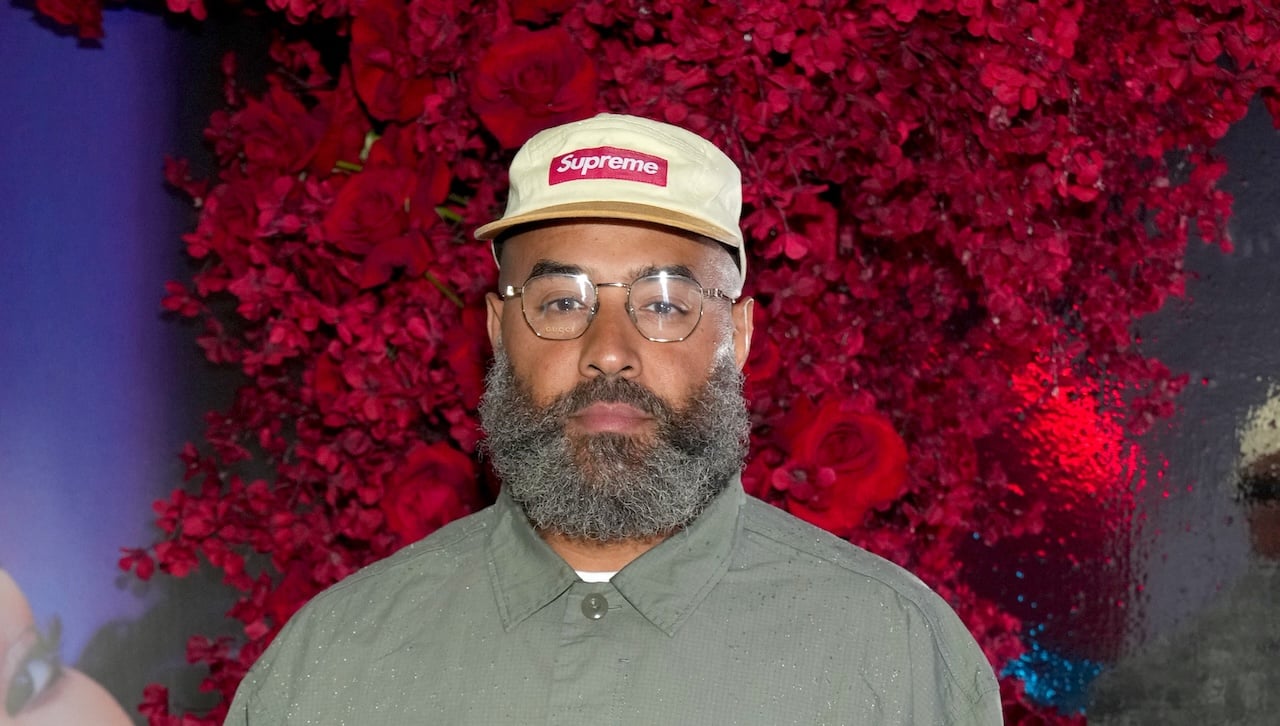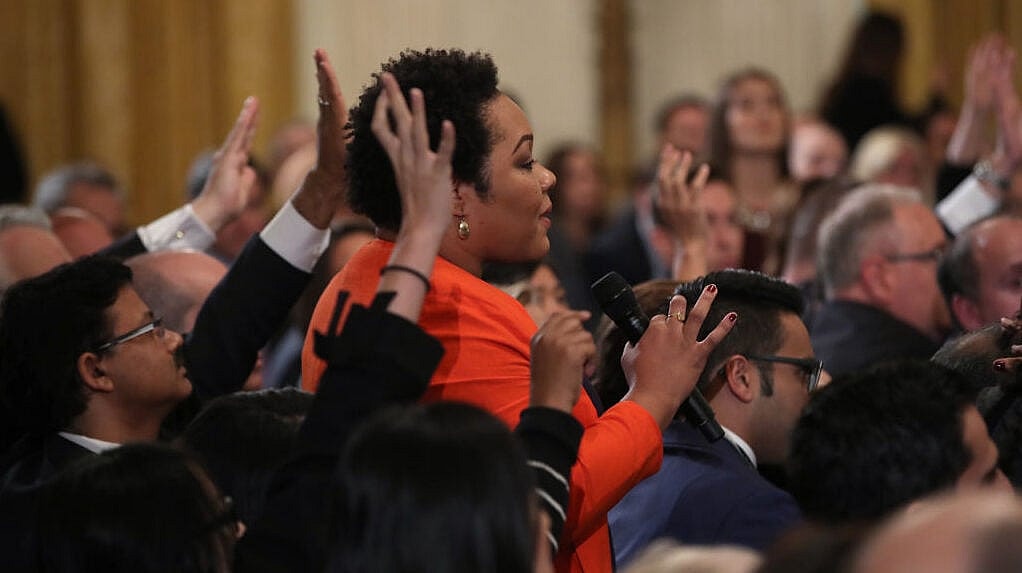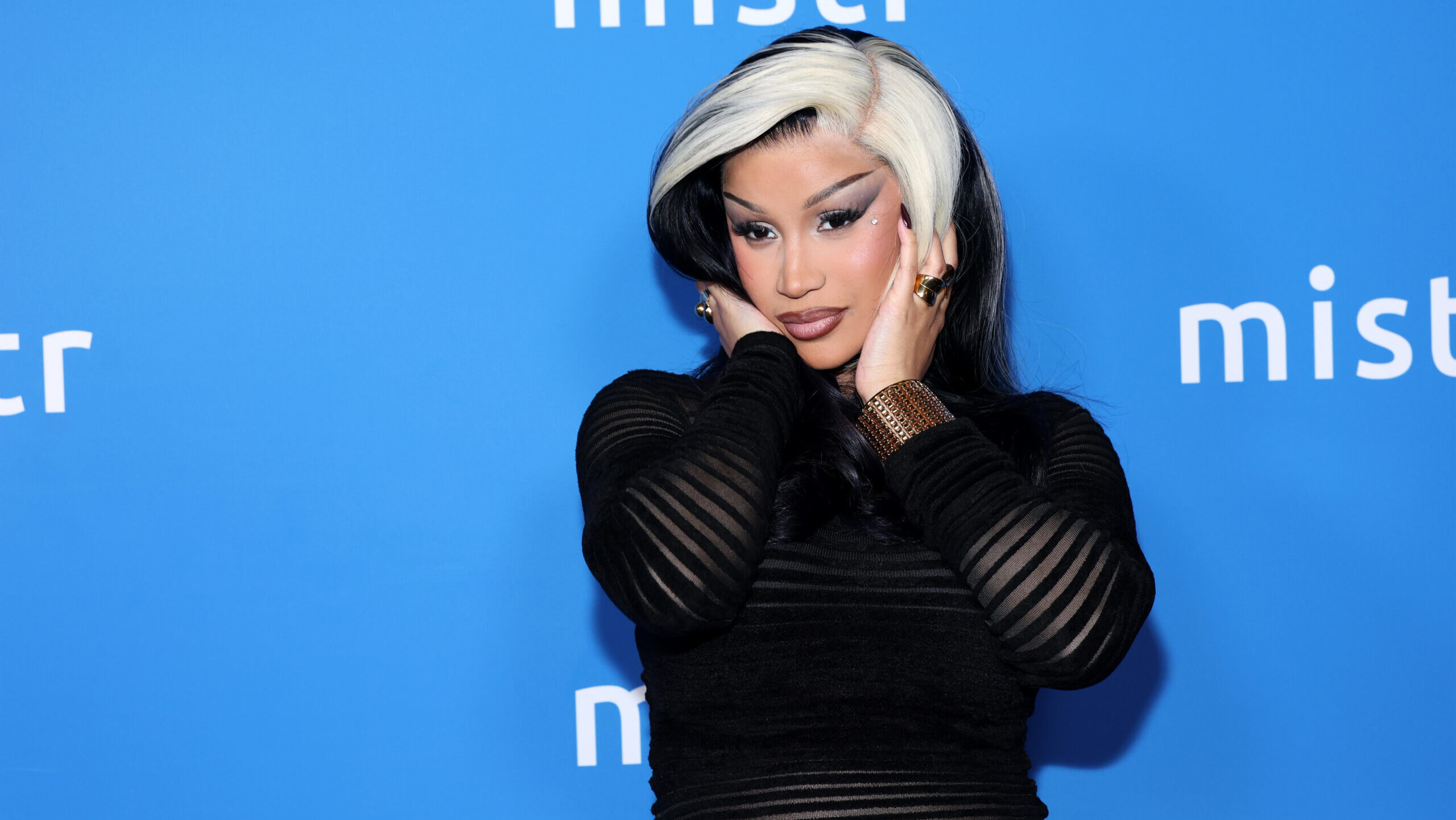President Donald Trump is being accused by critics of escalating a global white supremacist agenda after his administration launched a new refugee program for white South Africans under the guise of racial discrimination.
“This is an incredibly aggressive and bold declaration of the administration’s priorities, and their priority is to essentially re-establish the idea of white supremacy as not only acceptable, but necessary,” Joseph Tolton, a Pan-African activist and founder of Interconnected Justice, told theGrio.
Tolton is among many advocates and elected officials criticizing the Trump administration’s foreign and domestic policies as deliberately anti-Black.
On Monday before heading to the Middle East for his first major international trip in his second term, President Trump claimed white farmers in South Africa were victims who were being “brutally killed” as part of a “genocide” and had their land “confiscated.” The South African government forcefully debunked those claims.
Only eight farmers were killed on farms in 2024, reports the BBC. Despite white Afrikaners making up only 7.3% of the South African population, they own a majority of the country’s farmland. The issue of land ownership has been a decades-old issue in South Africa following the ending of the country’s racist apartheid system in the early 1990s.
South African President Cyril Ramaphosa signed a law in January that allows the government to seize privately owned land when “equitable and in the public interest,” according to BBC. The government has noted that no land has been seized since the law was passed, however, Black South Africans have long demanded land reform.
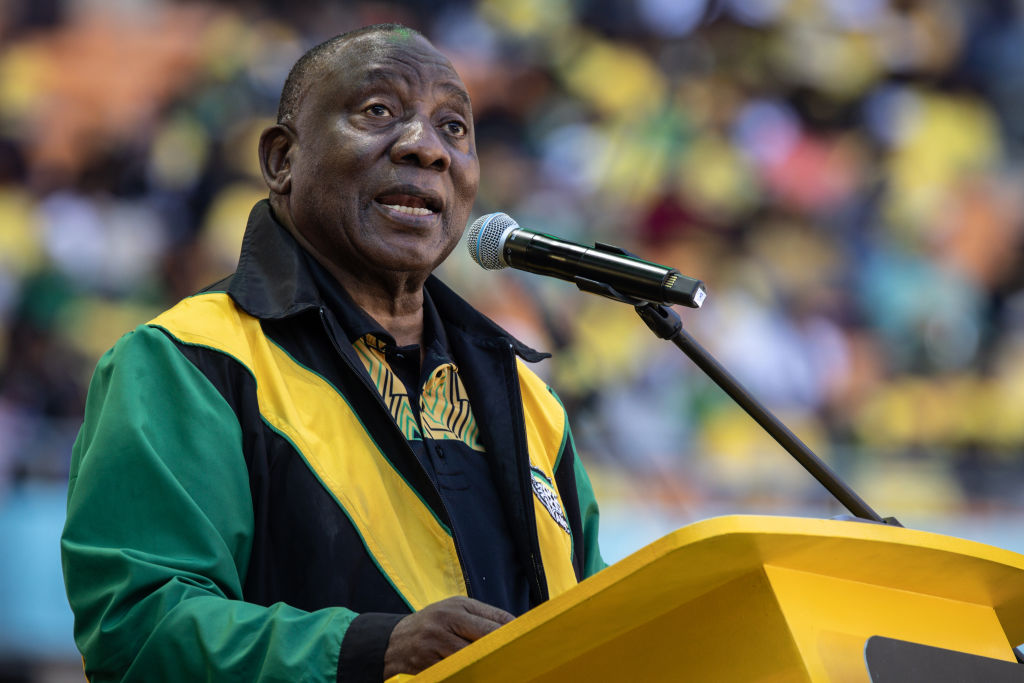
“We know historically that the white Africans have been the ones in power, creating apartheid and killing and murdering and raping and stealing and ravaging South Africa and the continent at large,” said Guerline Jozef, executive director of Haitian Bridge Alliance, an advocacy group for Black migrants.
Jozef decried Trump’s refugee program for white Afrikaners, particularly after his administration moved to end refugee status for Haitians and other migrants of color. She told theGrio this only proves that the United States does not have an “immigration issue,” as the Trump administration has repeatedly claimed.
“They have a Black and brown and other issue, and this has always been toward the fear of the browning of America [and] the fear of not having a majority white country in power,” said Jozef.
U.S. Rep. Gregory Meeks, D-N.Y., the ranking Democratic member of the House Foreign Affairs Committee, told BBC the Trump administration’s refugee for white farmers in South Africa was “not just a racist dog whistle, it’s a politically motivated rewrite of history.” He added, “Refugee policy should protect the vulnerable, not serve an extremist agenda.”
Tolton, who has for years worked to build the political power of Africans, particularly who are LGBTQ+, said he sees a more sinister ploy at play.
“It is a message to Africans but it is also a message to African-Americans in any context in which your soft power has generated some tangible, deep and abiding political outcomes that drive and establish Black equity nationally or globally,” he told theGrio. “The Trump administration is rebuking that resistance to a reordering, and they are doing it in a bold and open, ugly and transparent way.’
Advocates say there is no daylight between Trump’s latest action with respect to South Africa and his domestic anti-diversity, equity and inclusion policies in the United States. Since entering office in January, the president has signed executive orders seeking to eliminate all DEI policies and programs. His administration has also fired thousands of federal employees under the guise of DEI and has pressured private institutions to do the same.
Most recently, Carla Hayden, the first woman and African-American to serve as librarian of Congress, was fired by the Trump White House after being accused of pushing a “woke” agenda.
U.S. Rep. Sheila Cherfilus-McCormick, D-Fla., called the abrupt termination of Hayden “absolutely appalling.”
The congresswoman told theGrio, “This sudden firing is not just inexcusable — it is part of an ongoing, non-stop assault on the cultural institutions that preserve American history and allow us to learn from our nation’s painful past. If this campaign of erasure continues, generations to come stand to suffer.”
Advocates emphasize the need for Black Americans (and their allies) to see the connections between Trump’s anti-DEI agenda in the U.S. and his latest refugee program depicting whites as oppressed.
“The destruction of the idea of equity is being carried out with regard to what they’re doing in South Africa in that what he’s trying to lift up is this idea that Black South African farmers were receiving essentially reparations,” explained Tolton, “or some kind of restoration for the ways in which white South African farmers had essentially stolen land and privileged land for many year.”
Jozef said it’s also important for Black Americans to not be swayed by Trump’s anti-immigration rhetoric as evidenced during the 2024 presidential election.
“We have to make sure we do not allow the divide and conquer that is coming through some people with the mentality of dividing us as a community in allowing white supremacist ideology to guide Black America,” she told theGrio.
Jozef called Trump’s claims of a genocide against white farmers in South Africa “fake news,” adding, “They continue to create narratives, just like they created narrative of Haitians eating cats and dogs in Springfield, Ohio.”
Ultimately, Tolton said that Trump, aided by a white nationalist political movement, are aiming to “re-segregate America” and “recolonize Africa.”
“[They] are going to break the infrastructure of Black resistance, be it national in a domestic context, or be it in a global context,” he told theGrio.
The focus on South Africa is no mistake, he cautioned.
“The overturning of apartheid was was a huge moment for Black resistance globally,” said Tolton. “It’s also important to note that it was African-Americans who pushed back against the Reagan administration to change Reagan’s course around his policies in South Africa.”
He added, “White supremacists are not playing the domestic game. They’re playing a global game.”


